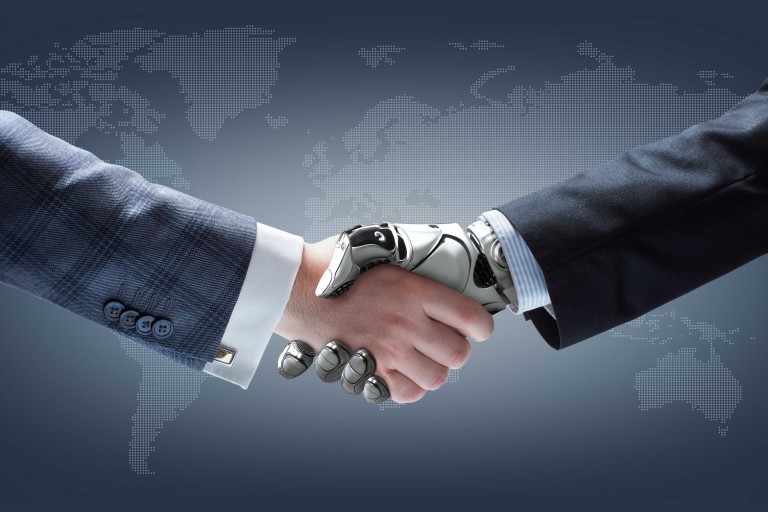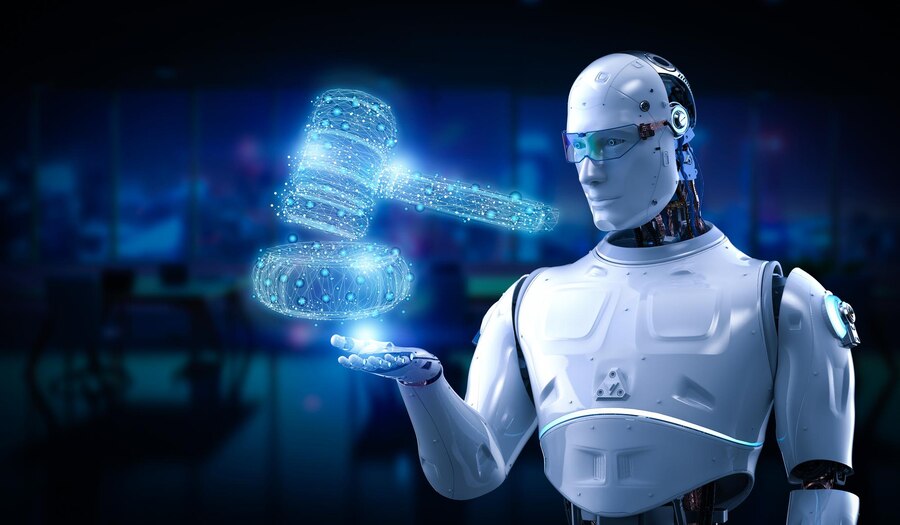How artificial intelligence can write your demand documents
Artificial Intelligence (AI) is the most important revolution in technology since its invention. It is the attempt to imitate human intelligence through software, designing systems that act as humans would.
But artificial intelligence should not be confused with computer programs because they are not the same. While computer systems are a list of orders that tells the computer what to do, that is, the machine does not think, but performs actions for which it is programmed, artificial intelligence, on the contrary, does not receive orders to obtain a result, but it is it that gets and provides results through automatic learning, just like humans.
In 2013, Oxford University conducted a study predicting that by 2033, 47% of jobs could be automated. This data, together with other subsequent reports, prepared by different institutions, increased the fear of workers at the idea of the loss of jobs that the introduction of Artificial Intelligence in various sectors would entail.
However, another research elaborated in 2017 by Harvard Business Review established that those fears were exaggerated and that most of the activities for which companies introduced AI was not to remove human jobs, but quite the opposite, to improve the performance of workers and the company itself. Among the actions for which companies use this tool are: detecting and deterring security intrusions (44%); solving technical problems for users (41%); reducing the work of production management (34%); and measuring internal compliance in the use of approved suppliers (34%).
Among the list of technological systems developed with AI are chatbots, specifically ChatGPT, developed by OpenAI, which uses the Generative Pre-trained Transformer (GPT) language model to simulate conversations with human users. The chatbot works through algorithms that recognize key words in the sentences typed by users, understand their problems or questions faster and provide them with efficient answers. It is therefore one of the most useful tools in scientific writing because it helps researchers and scientists to organize material, generate drafts and revise texts. But it not only helps in the scientific sector, but also in the legal sector as it can also collect information and prepare legal texts, such as lawsuits.

The advantages of new artificial intelligence systems
The ability to process large amounts of information and the ease of use of this tool make it a very attractive option for lawyers, who choose to introduce its use in their daily professional work.
Lawyers can use ChatGPT to monitor ongoing cases in real time. All they have to do is ask a question in the chat about the status of the case or the steps to be taken and the system will provide updated information.
Another benefit of these artificial intelligence systems is to provide answers to clients. When clients have questions about a particular case, lawyers can use ChatGPT to get an answer. The lawyer will only have to retype into the chat the question that a client had previously asked him, and the software will quickly and efficiently provide a detailed and accurate answer.
Finally, the third most outstanding advantage of this artificial intelligence system is that it helps lawyers, reducing work time and effort in drafting legal documents: pleadings or briefs. ChatGPT collects data related to the information the lawyer wants and produces a text with the applicable rules and regulations and with the characteristics the lawyer has previously specified, e.g. word limit.

ChatGPT limitations
As a result of the third advantage mentioned above, there will be those who think that if the document is drafted by artificial intelligence it is no longer necessary to hire the services of lawyers, however, this idea is a mistake. Although it gathers a lot of valid information and has a good command of the legal language, for the time being and fortunately, artificial intelligence cannot yet replace the total work of lawyers.
One of the main limitations that these systems have is that they mix real information with false facts and, although it can provide quite good information, there is always the possibility that it incorporates flaws in legal documents. In addition, ChatGPT mixes up a lot of numerical data in judgments when dealing with legal information. These errors are difficult to detect if you are not an expert in the legal sector.
For this reason, although it benefits lawyers because it saves them from investing time and resources in drafting documents, such as a statement of claim, these texts cannot be considered final documents to be presented in court, but are drafts. ChatGPTs can only do part of the lawyer's complete work, being the responsibility of real professionals in the legal sector, i.e., it is the lawyers' responsibility to review the documents generated by artificial intelligence, detect flaws and eliminate or incorporate information to the brief.
Related links
Main menu






